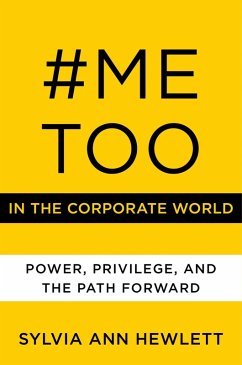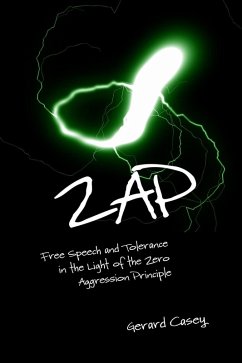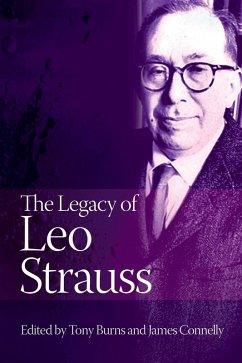
After #MeToo (eBook, ePUB)
Feminism, Patriarchy, Toxic Masculinity and Sundry Cultural Delights
Versandkostenfrei!
Sofort per Download lieferbar
12,99 €
inkl. MwSt.
Weitere Ausgaben:

PAYBACK Punkte
6 °P sammeln!
In After #MeToo, Gerard Casey provides a critical assessment of the #MeToo movement, situating it in the context of the radical feminism of which it is just the latest manifestation. Apart from its legitimating an indiscriminate attack on men and masculinity, Casey argues that the #MeToo movement has exposed a conceptual fault-line in radical feminist anthropology. Are women fully-developed moral agents, able to exercise moral choice and to take responsibility for what they do; or are women elements of a collective made up of the victims of sexual crimes, whose suffering is not just that of an...
In After #MeToo, Gerard Casey provides a critical assessment of the #MeToo movement, situating it in the context of the radical feminism of which it is just the latest manifestation. Apart from its legitimating an indiscriminate attack on men and masculinity, Casey argues that the #MeToo movement has exposed a conceptual fault-line in radical feminist anthropology. Are women fully-developed moral agents, able to exercise moral choice and to take responsibility for what they do; or are women elements of a collective made up of the victims of sexual crimes, whose suffering is not just that of any one individual woman but of the group as a whole?Casey's analysis of the #MeToo movement is prefaced by a brief typology of forms of feminism and by an account of the supposedly universal oppression of women by a malign patriarchy. He argues that if there is such a thing as the patriarchy, it is singularly and spectacularly ineffectual in its operation inasmuch as women, on the whole, are not only not oppressed in comparison to men but are rather the beneficiaries of legal and social privileges.After #MeToo concludes with a consideration of the changing legal definitions of rape. Once understood to be essentially a crime of violence, rape has now come to be regarded as a violation of personal autonomy. In common law systems, a certain conception of consent is now central to the definition of rape, a conception that, Casey argues, is unworkable, at once infantilising women and, at the same time, potentially criminalising every sexual encounter in which a man is involved.
Dieser Download kann aus rechtlichen Gründen nur mit Rechnungsadresse in A, B, BG, CY, CZ, D, DK, EW, E, FIN, F, GR, HR, H, IRL, I, LT, L, LR, M, NL, PL, P, R, S, SLO, SK ausgeliefert werden.













